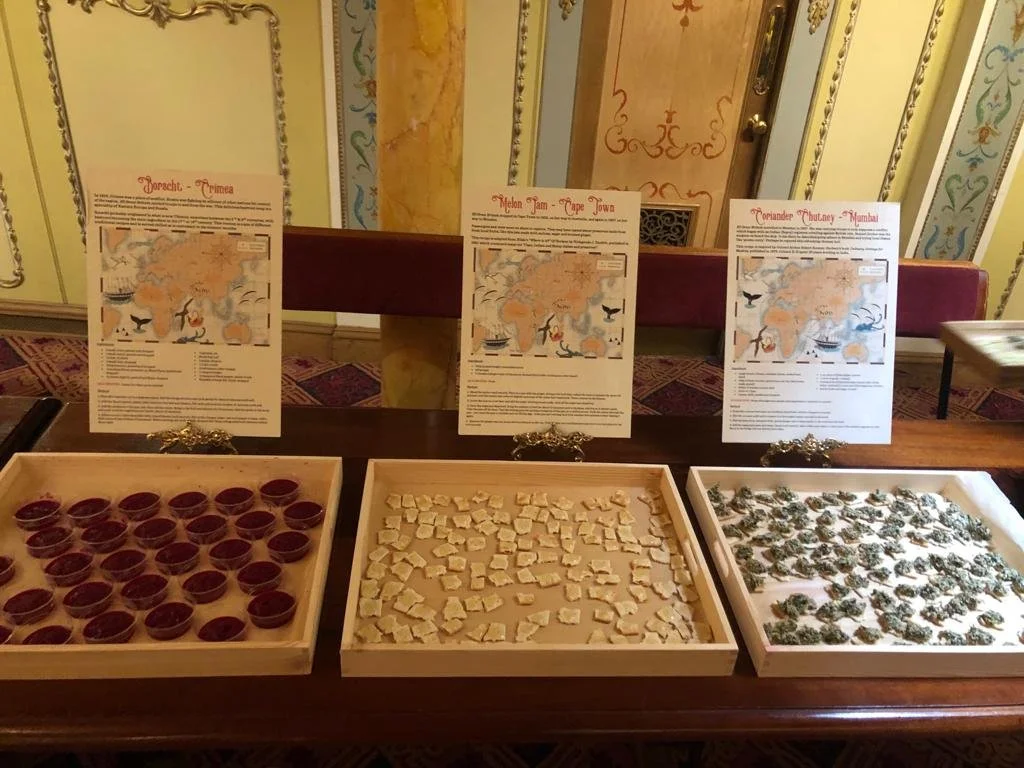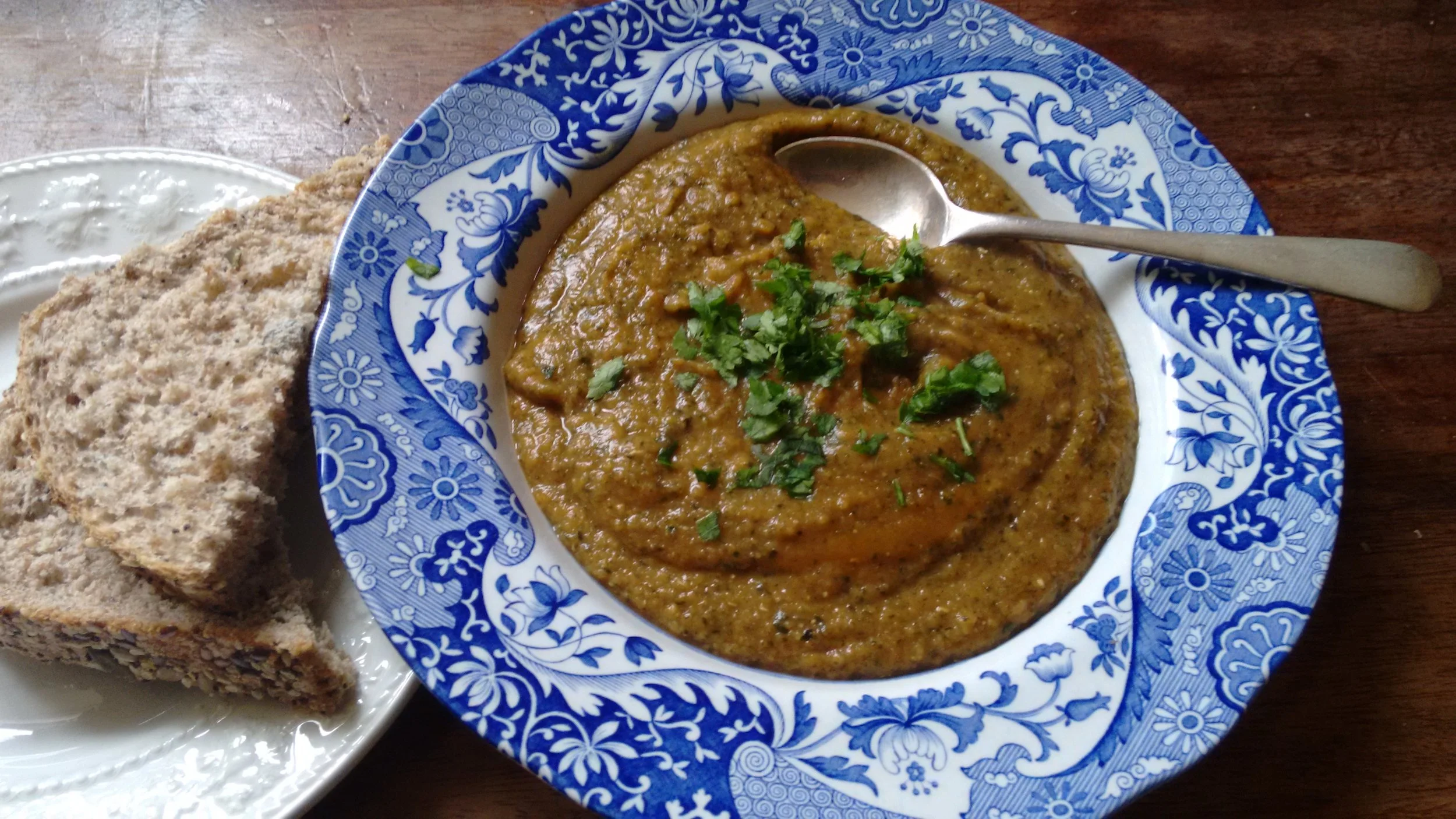Nearly three years ago we were approached by some residents in Southmead in Bristol with the idea to launch a series of cooking sessions where people could come on a regular basis to cook and eat together. We had worked in Southmead for a number of years, running workshops with local schools and different community groups. Southmead has a great spirit of community but together with partners such as Southmead Development Trust and St Stephen’s Church we recognised that the Covid pandemic had left many people more isolated than ever and the cost of living crisis was making it harder for some people to access good quality fresh food. Also some people needed support with cooking skills to make meals from scratch for themselves and their families
In January 2023 we launched the first of the Southmead Community Cook Ups with support from Feeding Bristol and Bristol Local Food Fund. The aim was to cook with people in spaces that they felt welcomed and safe. Each month we offer monthly workshops in three or four venues across Southmead. When people arrive they can have hot drinks and something to eat and then we all sit around a large table to prep ingredients and cook. The atmosphere is relaxed and friendly which means that the time spent chopping lots of vegetables goes quickly! After a shared lunch everyone goes home with a meal they have cooked with sides such as fresh vegetables or salad, rice or pasta. On average a person takes home enough food for at least another five lunches or dinners.
We continue to receive support from Feeding Bristol and Bristol Local Food Fund. This season of Cook Ups started in September 2024 and will finish in July 2025 with Travelling Kitchen having delivered 25 workshops in four venues across Southmead. in this period alone. Overall we have worked in seven venues since the project began ranging from accommodation settings for the over 50s, to St Stephen’s church, a school hub, Southmead Rugby Club and the Greenway Centre. This means we access as wide a range of people and ages as possible and by cooking in the community rooms of settings for the elderly ensure participation from people who may not be able to go out to workshops due to physical or mental health issues. Feedback has been overwhelmingly positive with people commenting on how the workshops have taught them new skills, given them confidence to cook with a wider range of ingredients especially vegetables, herbs and spices, helped them with meals to eat later and provided companionship and lots of laughs along the way.
We’re planning on starting a new season of Cook Ups in September 2025. If you or your organisation you work with would like to support these please get in touch on info@travellingkitchen.org




















